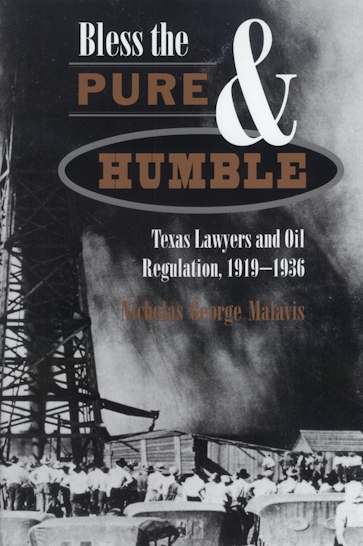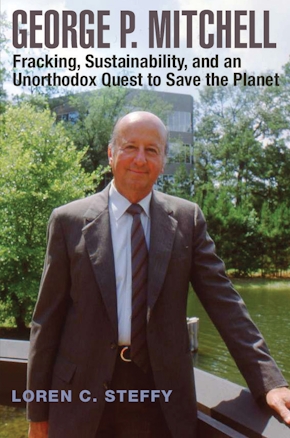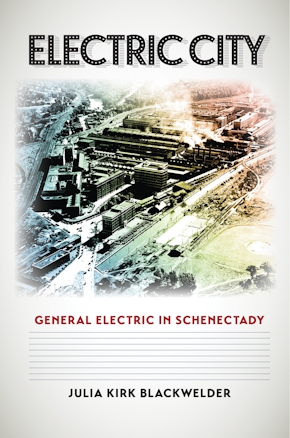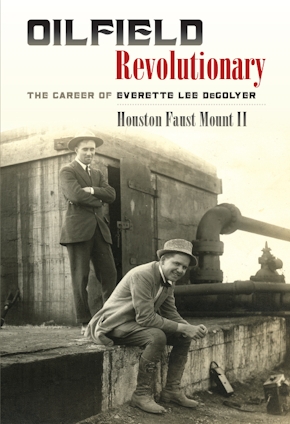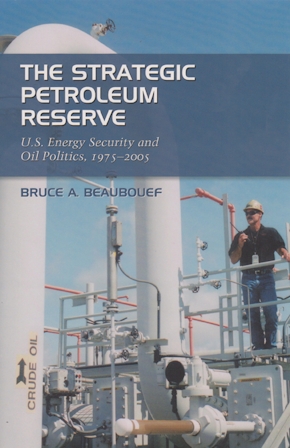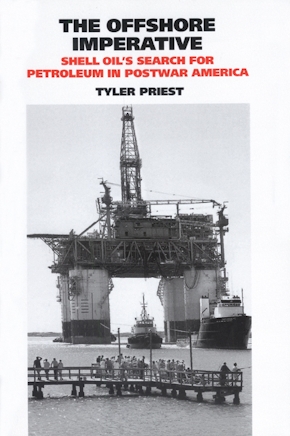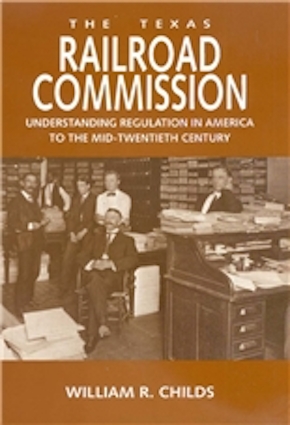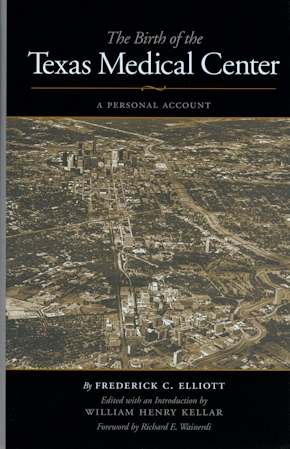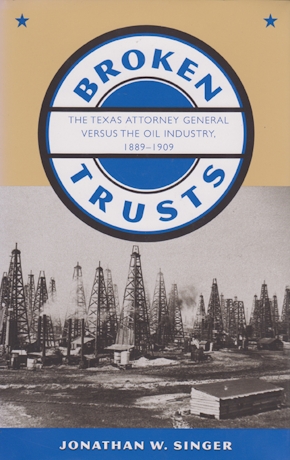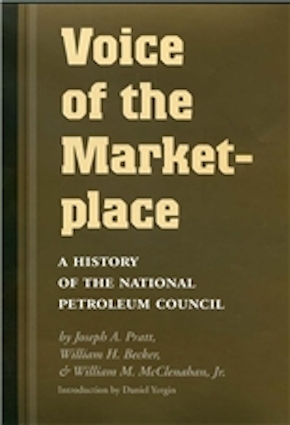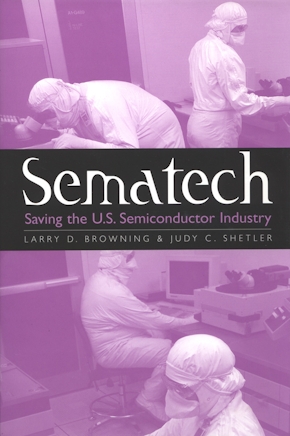Bless the Pure and Humble
Texas Lawyers and Oil Regulation, 1919-1936
978-0-89096-714-0 Cloth
6 x 9 x 0 in
344 pp. 5 b&w photos., Gloss.
Pub Date: 10/01/1996
Available
BUY NOW
- Cloth $44.95 s
By 1927 the implications of the rule of capture were clear, and pressure was mounting for federal regulation of petroleum production. In that year attorneys in the Houston firm of Vinson and Elkins joined efforts by Pure Oil (the producer) and Humble Oil (the buyer and pipeline owner) to develop unitization rules for the 5400-acre Yates Oil Field in Pecos County, Texas. Amid their legal maneuvering the Texas Railroad Commission stepped in, issuing a proration rule and effectively assuming unitization powers over state production, thereby giving rise to charges by small producers that the state had sold out to “big oil.” The conflict over proration that resulted represented a legal and ideological clashes between principles of laissez-faire and progressive regulation. By 1935, when Congress enacted the Connally Hot Oil Act, the legal principles were settled and the battle for control of petroleum production had been won by the states.
Nicholas George Malavis’s well-reasoned and sophisticated study of the development of petroleum regulation offers historical and legal analysis of the basic issues affecting property rights and the public interest and traces the legal moves that shaped a new regulatory system centered around the Texas Railroad Commission. It provides a fascinating view of the multiple roles of lawyers in putting the new system in place as they worked for a variety of clients to resolve the serious conflicts plaguing the oil industry in its efforts to manage overproduction in the 1920s and 1930s. Access to the internal records of Vinson and Elkins has allowed Malavis to provide readers a rare view inside the world of lawyer-client relations. He describes how prominent attorney James Elkins and others applied their legal talents, negotiating skills, and political influence to fight for solutions to their problems that would help define the parameters of the new prorating system.
Bless the Pure and the Humble, with its thorough research and use of organizational records to elucidate a broad and important theme, provides a valuable model for scholarly studies of corporate history. It offers important contributions to our knowledge of legal, business, and regional histories. Although necessarily focused on Texas history, the well-told story in this book has relevance far beyond the state’s boundaries and will inform students of petroleum and property law and those interested in energy and conservation history.
Kenneth E. Montague Series in Oil and Business History
About the Author
Published by Texas A&M University Press
